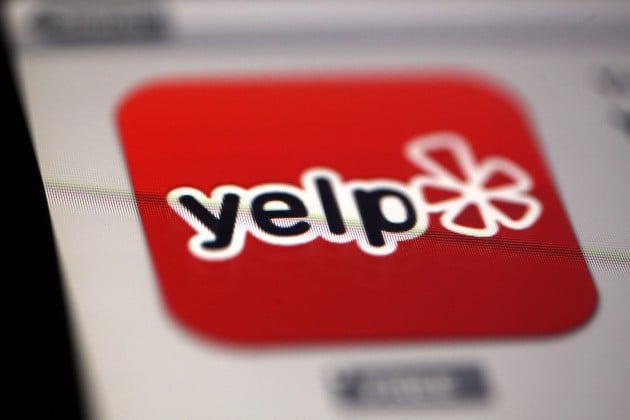What Yelp Employees Need To Know About Dublin
Online review giant Yelp recently announced the opening of European headquarters in Dublin, Ireland. Dublin is a vibrant hub of culture, and on top of lively nightlife and historic sites, the capital features Ireland’s own colorful language, Irish. When many natives speak English, what does it mean to speak Irish in Dublin, and how much do Yelp employees need to know?
Yelp recently revealed plans to open European headquarters in Dublin. Like corporations before them that chose to expand into Ireland, the business review site stands to benefit from the country’s low corporate tax rates, but the hope here is the relationship will be symbiotic. The news of the opening came during the Irish President’s visit to California, part of a trade mission to help Ireland’s economic recovery. Yelp’s Dublin office is on track to create 100 new jobs.
When Dubliners speak English, Yelp employees relocating overseas or communicating with new partners may appreciate the ability to work in their native tongue, but what should they make of the fact that Irish has constitutional status as the national and first official language of the Republic of Ireland, recognized as an official language by the EU?
Who Speaks Irish in Dublin?
Dublin is ranked among the top 30 cities in the world; it’s an extremely popular tourist destination where the majority of the people living in the city speak English. The Irish Language (Gaeilge) is only spoken as a first language by a small fraction of the population; for most, it’s a second language.
However, Irish remains a rich part of the country’s heritage and many of its words and phrases can be seen and heard around the city of Dublin.
A Brief History of the Irish Language
The Irish language is the oldest vernacular, a descendant of Common Celtic and an early stage of the Indo-European language. Its structure is different from other languages and the pronunciation is considered unusual and inconsistent. The phonetic and grammatical structure of the language is often simplified in urban areas. Places where the language remains a vernacular are referred to as “Gaeltacht” areas.
Irish has been historically spoken by the Irish people, but was greatly affected by English rule that deemed the language unfavorable, which resulted in a dramatic decrease of Irish first language speakers over the years. A census carried out in Ireland in 2006 by the Central Statistics Office indicates that only 3% of those able to speak Irish do so on a daily basis outside the education system.
Get to Know Your Irish Slang
In recent decades, however, Dublin has seen an increase in the amount of Irish speakers. In fact, the city is said to have the highest number of Irish-medium schools in the country.
As the linguistic heritage continues to influence the culture of the city and the combination of English and Irish spoken in Dublin today, one surefire and relatable way the language will enter the lives of Yelp employees is through slang.
An insight into culture and a great asset for making friends, here are some slang words and funny expressions you may hear and come to use when in Dublin:
- Craic (n), (pron: crack): conversation
- Daniel Day (n) : luás, the tram line
- Eejit (n): idiot
- Fecker (n): f***er
- Gobshite (n): idiot
- Grand (adj): good, great, ie “The weather’s grand, isn’t it?”
- Jack in the box (n): A dead Dublin man
- Jammy (adj): lucky
- Jaysus (exclamation): Jesus
- Lash (v) – to rain. e.g.: “It lashed out of the heavens the whole time.” Also verb : ‘give it a lash – to make an attempt at something or ‘to go on the lash’ – to out drinking
- Naggin (n) – a small bottle of alcohol
- Quill (n) – barrister
- Savage (n) – brilliant, great
- Shifting (v) – prolonged kissing
- Shower of savages (n) – an ignorant group of people
- Sláinte (exclamation) – Irish word for “health” widely used when toasting
- The Pale (n) – the Dublin region
- The jacks (n) – the toilets
- Touched (adj) – to describe a mentally disabled person
While relocated Yelp employees need not become fluent in Irish, gaining knowledge of the local lingo will strengthen ties with new international colleagues and smooth the cultural transition. Understanding craics will help non-natives navigate The Pale without coming off like eejits, and deepen employees’ connections to Dublin’s rich cultural history, helping them feel most comfortable and perform best in the foreign environment.
Having a grand time picking up Irish slang? Share your favorite phrases with us in the comments!

